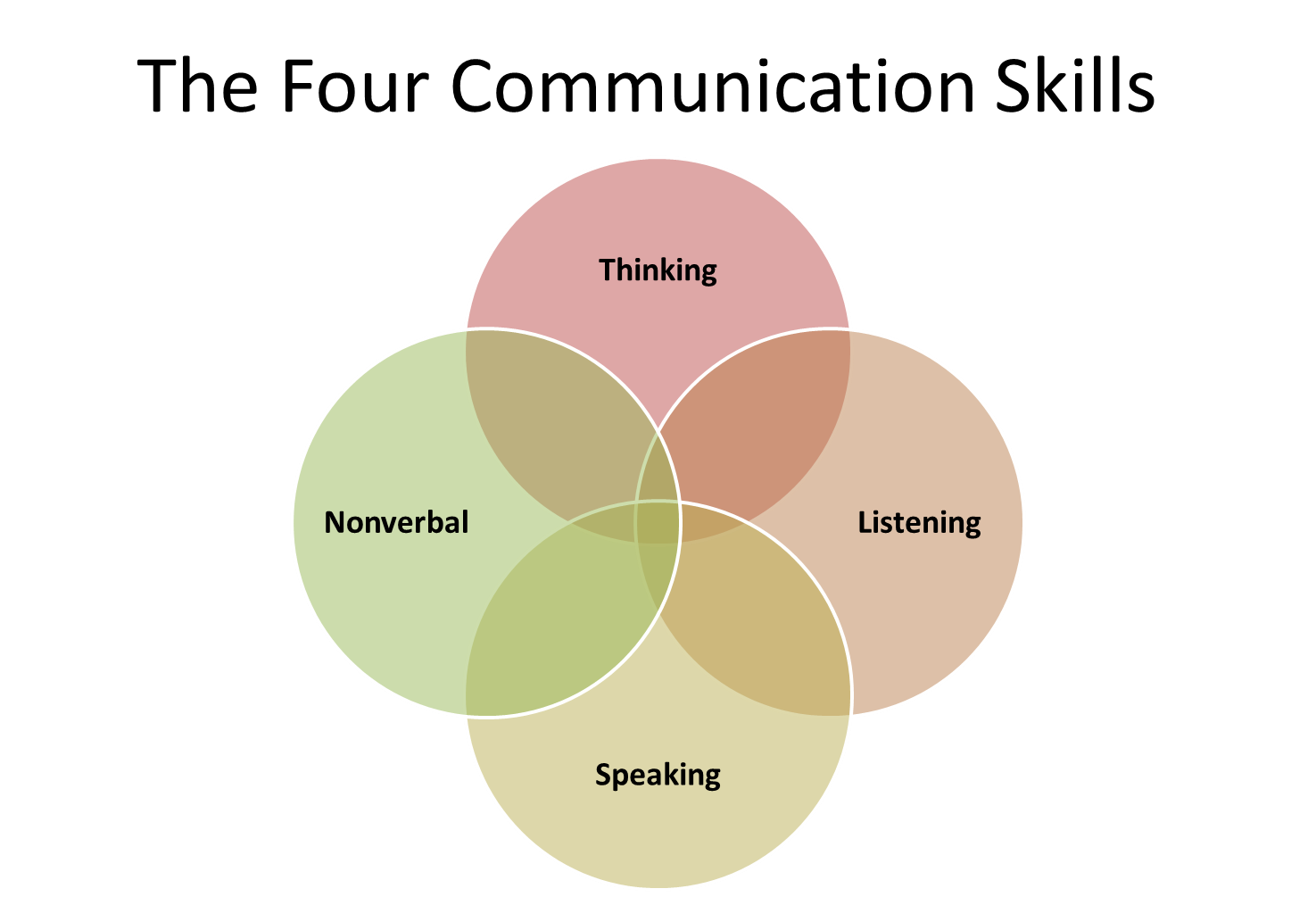 Webster’s defines communication as “an act or instance of transmitting.” Communication is about effective expression, and is very much a skill that can be acquired and improved. For these purposes, we will concentrate on verbal communication, and specifically the improvement thereof.
Webster’s defines communication as “an act or instance of transmitting.” Communication is about effective expression, and is very much a skill that can be acquired and improved. For these purposes, we will concentrate on verbal communication, and specifically the improvement thereof.
Communications skills are necessary for success in virtually any endeavor. Those who possess high levels of skill in communicating with others have an advantage in the marketplace of information and ideas. Unlike many other skills, effective communicators can take their expertise anywhere. Like any other skill, it must be practiced diligently to maintain and improve.
While there are numerous methods for improving one’s communications skills, here are 10 suggestions for your consideration:
1. Always design your message to fit your audience. This focuses the use of your words and builds discipline and economy.
2. Always assume a lack of clarity. Whether providing verbal instructions, giving a performance review, or chairing a meeting, always ensure that your communication removes any confusion or ambiguity. Repeat as needed. Repeat as needed. Did I mention repeat as needed?
3. Give verbal presentations. Remember the book reports you used to give in class? The more you did, the better you got, right? Whether it’s a PowerPoint presentation on sales growth or a lecture on foreign affairs, get up in front of an audience and speak. Learn to deal with and overcome the nerves that precede; it’s rarely a fatal condition.
4. Become a better listener. Some of the best communicators are some of the greatest listeners. Conversely, some of the poorest communicators are often some of the worst listeners. Make a conscious effort to become a better listener. Listening is more than an interlude between your own sentences. Hear your audience. I assure you they will notice.
5. Get feedback from others. Ask friends or colleagues to critique your speaking for both content and delivery. Do you show impatience or frustration and thus limit your effectiveness? Are you too condescending or too inhibited? Ask for candid, constructive criticism. And don’t get offended; get better. Put the feedback to good use.
6. Find your voice. Pay attention to the tone of your spoken words. Modulate the pitch and volume of your voice, as appropriate. Choose your words wisely and enunciate them correctly. Develop a style of speaking that fits you.
7. Observe others. Find speakers who impress you with their abilities and study their differing styles. How well do they use humor? Do they show emotion? Are they inspiring? You don’t have to copy them, since you need a style that fits just you. You can certainly borrow, however. And you certainly should.
8. Make good eye contact. Look at your audience, whether an assemblage of hundreds or a single individual across a desk. You can become far more aware of how your message is being received by looking at, rather than looking past, your audience. This is common sense but so very often uncommon practice.
9. Be passionate. This is not to say you should be obnoxious or all-knowing. In fact, it is almost always better to be humble. It is to suggest, however, that your audience should feel your energy and enthusiasm, as appropriate.
10. Keep speaking. Keep developing your skills. Keep building your confidence. You will reap what you sow in this area of your life, as in others.
Good luck and good communicating!
 Webster’s defines communication as “an act or instance of transmitting.” Communication is about effective expression, and is very much a skill that can be acquired and improved. For these purposes, we will concentrate on verbal communication, and specifically the improvement thereof.
Webster’s defines communication as “an act or instance of transmitting.” Communication is about effective expression, and is very much a skill that can be acquired and improved. For these purposes, we will concentrate on verbal communication, and specifically the improvement thereof.